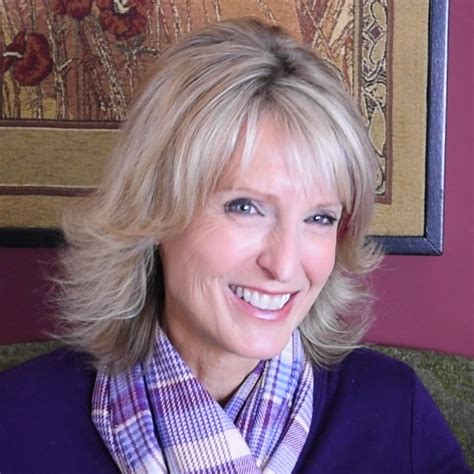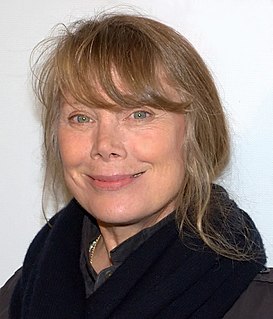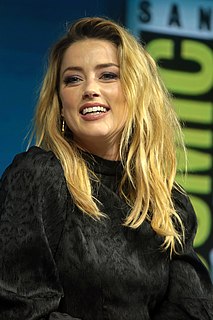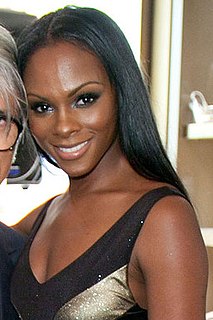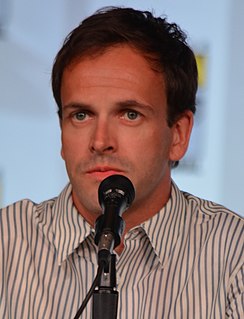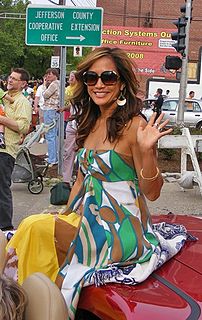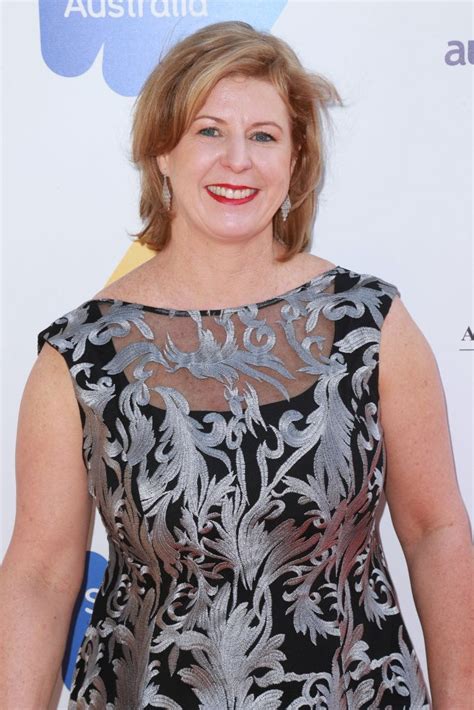A Quote by Garrison Keillor
When the New Yorker turned down work, they turned it down in such an elaborately gentlemanly way making apologies for their own shortsightedness. Undoubtedly it was their fault but somehow for some reason this fell short of the remarkably high standard that you by your own work have set for yourself. They had a way of rejecting my work that made me feel sorry for them somehow.
Related Quotes
Hollywood's fickle. It's always been that way, and it will always be that way. And it's always going to be somebody new and exciting comes along. That's just the way it works, and it will always work that way. And I think that if you give it everything to the exclusion of your own real life and family, you've sold yourself down the river.
I was interested in [Hunter S. Thompson novels]. The rebel in me fell in love with it, and the artist in me was confused by it, and interested and turned on. Ever since, his work has meant different things to me, at different times, and I still get new meaning out of it and appreciate it, in a different way. His work is very visceral, and you can take from it what you want, in various moments of your life.
I used to work at a movie theater and sold hams at Honey Baked Ham during the holidays. I sold a ton of hams, and they offered me a regular job there, which I turned down. I feel like anything you do, just do it 100% because then that work ethic will bleed through when it's time to work on your dreams.
I believe you make your own luck. My motto is ‘It’s always a mistake not to go.’ So I jump on the airplane, try new things—sometimes I get in way over my head, but then I think, I’ll work my way out of this somehow. A big part of making your own luck is just charging out of the gate every morning…The thing I love about living in New York is that I never fail to get up in the morning and think, Something adventurous is going to happen today. The energy is operating at full throttle all the time. And if you want to be lucky you’ve got to go out and take advantage of it.
My grandmother used to cook for eight every day - sitting down lunches and dinner, the way you do it in Italy, you sit down. And when my parents could afford their own place, I went with them but still my mother used to work but used to come back from work to cook lunch for my father, come back from work, cook dinner for my father and me.
I decided that the whole idea of what it means to be an artist was that somehow you are ontologically oriented toward poverty : "As an artist, you don't make money." I had to figure out some kind of way to guarantee that I'd be able to continue doing the work that I wanted to do, whether I made money from the work I was doing or not.
So now I just assume that it won't work, and that if it does work, I'll lose it anyway. This is meant to protect me, although it doesn't, because somehow the hope sneakily finds its way in. I'm never aware of the hope until it's gone, whooshed away like a rug pulled from under my feet, each time I hear another "I'm sorry.


